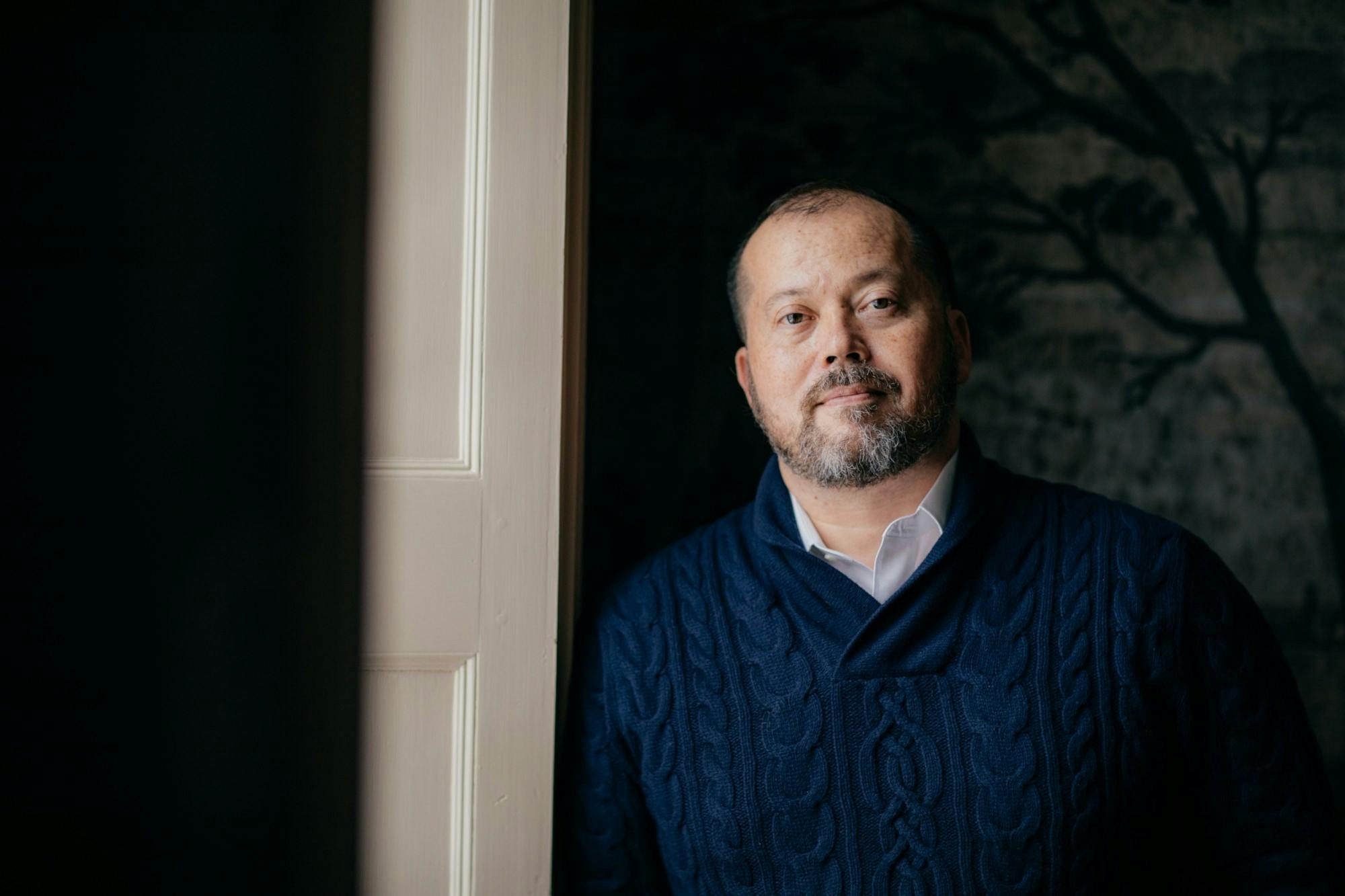Professor of English and creative writing Alexander Chee was this year’s guest editor of “The Best American Essays 2022,” a part of ‘The Best American Series’ — an annual publication started in 1915 that displays the best fiction and nonfiction of the year as curated by the guest editor. Chee sat down with The Dartmouth to talk about the importance of writing in times of tumult and the power of an essay that pushes the boundaries of the form.
‘The Best American Series’ publishes in many genres, from short stories to food writing. What do you think is special about the essay form? How can essays be specifically impactful?
AC: American life and the essay have a strong relationship to each other. It’s a very elastic form — it's [an] art form that can take a lot of different shapes. That's why there have been essays that appeared at certain times in the life of our culture. Martin Luther King's “Letter from Birmingham Jail” in 1963, for example. We did not invent it here in the United States, but it became an important part of how our sense of our democracy functioned, the idea that we could send a letter to powerful people that we would also publish in a newspaper. Part of what I love about the essay is how it is a place that all of these different kinds of [people] — writers, scientists, psychologists, doctors, senators — can find a way for the essay to offer them a chance to express something that they want to say. That's what I mean about the democratic value of it.
What are your daily reading and writing habits?
AC: I do like to wake up and read first thing in the morning. I know a lot of people who try to read at night before they go to bed, which I think is a habit leftover to us if we were children who are read to at night. I will sometimes read at night before bed, but I find it better to read in the morning when my mind is awake in a different way.I try to write during the term; I try to write for an hour in the morning before I respond to emails or check the news. That way, I'm at least getting something done for myself first before I [start] doing things for everybody else. I would say I've started writing more and more on my phone.
How were you chosen to be the editor for this year’s edition of essays?
AC: I had been on the notable list a number of times, I had been included in the anthology a number of times, and then one day I just got an email asking me what I'd be interested in being the editor. I tried to play cool a little bit; I tried not to reply instantaneously to the email. For me, it was one of [the] dreams of a lifetime coming true.
In the introduction to the book, you include all the first lines of each essay, in order of appearance. Did you have a specific theme in mind when choosing the essays? What brings them together?
AC: I needed to actually set aside the idea that I was looking for this kind of essay versus that kind of essay. I had the sense of writers pushing out the form in the essays I discovered, like the first essay by Brian Blanchfield, where he's both a poet and an essayist, and every paragraph of the essay begins with the same sentence. I was looking for people who were pushing certain boundaries, aesthetically. People were chasing, maybe the story of a sensibility instead of a more conventional memoir. I was not looking for journalism. And I wasn't looking for stories that relied heavily on photography, which introduced some limits. So it's not just about what we might call autobiography or memoir, it's about, ‘How do I connect to the world through my life and my experiences?’.
How would you recommend someone read the book? Did you envision it being read front to back or is it equally moving to read the essays separately?
AC: There is a purpose to the order in the sense that I was trying to create certain contrasts or certain thematic connections. But the thing about an essay collection is you absolutely cannot control how people read it. There's usually two basic ways people read it. One is they read front to back. And the other is they pick it up, they read one essay, they put it down and come back to it later, then they read another one or two, [then they] put it down again. It has to be able to function both ways. I remember with my first essay collection that I wrote, I met a reader who said she had read the essays in the order of the titles that were most interesting to her. In the end, you know, you have to let go and let people have their fun.
Charlotte Hampton is the editor-in-chief of The Dartmouth. She hails from New York, N.Y., and is studying government and philosophy at the College.
She can be reached at editor@thedartmouth.com.




